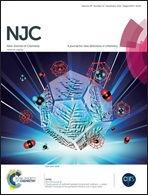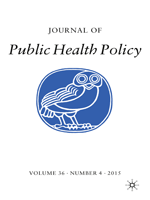
Authors are retracting a 2012 paper on cholesterol metabolism in zebrafish after realizing it included a case of mistaken identity in a DNA sequence crucial to some aspects of the experiment.
A postdoc misidentified the plasmid in question after failing to fully sequence it before including it in the experiment. A technician in the lab found the mistake, last author Steven Farber, a researcher at the Carnegie Institution for Science in Maryland, explained:
When the omitted region was correctly sequenced we discovered it had an error.
He told us in a phone interview what that felt like:
We were like, holy crap.
Next came months of back and forth with the journal, discussing whether to correct or retract the paper. Farber tells us the mistake, which affects two figures,
was unfortunate. Most of the paper is in fact correct.
The paper, “Visualization of Lipid Metabolism in the Zebrafish Intestine Reveals a Relationship between NPC1L1-Mediated Cholesterol Uptake and Dietary Fatty Acid,” published in Chemistry & Biology, has been cited 21 times, according to Thomson Scientific’s Web of Knowledge.
Here’s the detailed retraction note: Continue reading Misidentified DNA leads authors to retract zebrafish cholesterol paper
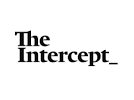 The Intercept is apologizing to readers after an investigation revealed one of its reporters fabricated multiple quotes and even created a fake email address for a source to deceive his editors.
The Intercept is apologizing to readers after an investigation revealed one of its reporters fabricated multiple quotes and even created a fake email address for a source to deceive his editors.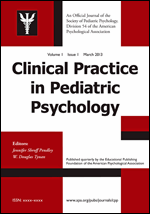


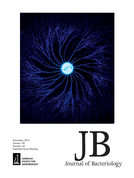
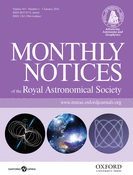 A group of astrophysicists has notched a pair of corrections for papers on galaxy clusters, thanks to an error that affected several figures in the papers, but not the overall conclusions.
A group of astrophysicists has notched a pair of corrections for papers on galaxy clusters, thanks to an error that affected several figures in the papers, but not the overall conclusions.